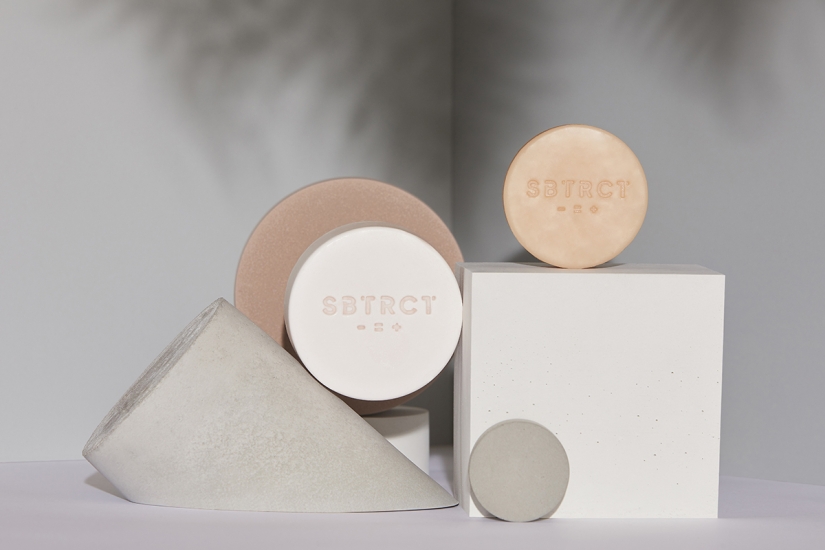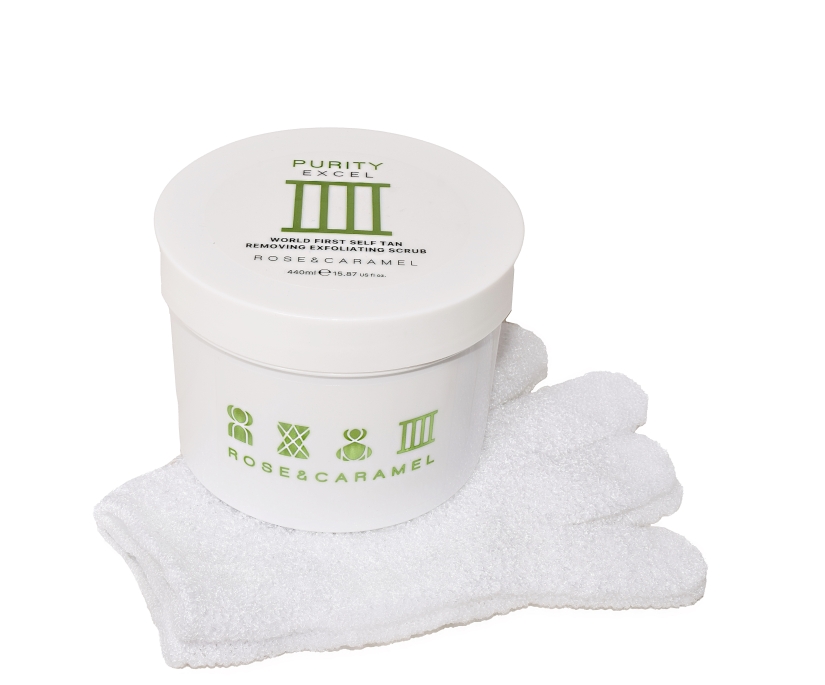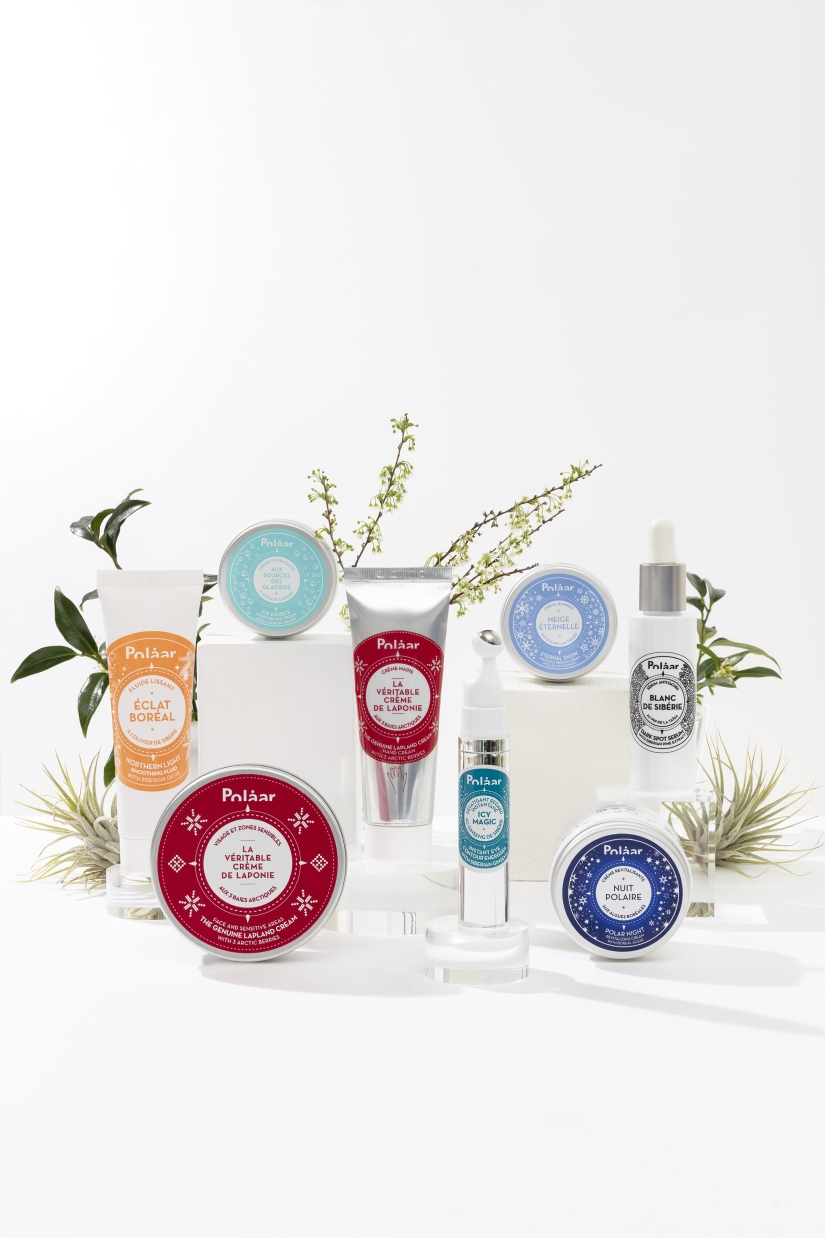Cruelty Free Beauty
- 4 signs you have low iron levels
- Zero Waste Beauty: Adopt a green routine with these sustainable products
- This eco-friendly beauty box is packed with refillable multi-taskers
- “I find myself using it even when I don’t need to!”
- Arctic-inspired natural skincare brand launches in the UK
- Green People launches beauty balm packaged in 100% biodegradable pot
- Lush launches same-day delivery service for its iconic handmade cosmetics
- “This cruelty-free tanning water gave me the confidence boost I needed”
- rho launches sustainable loungewear that gives back
- Rose & Caramel Raises Awareness For Women’s Self-Esteem & Mental Health With ‘I TAN FOR ME’ Campaign
- Couple launches entirely plant-based and refillable deodorant on Kickstarter
- View all
Eco Living
- Simple Hacks to Cut Your Food Waste with Gino D’Acampo
- Five Easy Ways to Reduce Food Waste
- Eat these foods to boost your mood
- Upgrade Your Cheese Toastie
- Have a healthy Christmas with these festive food swaps
- Omega-3 Health Benefits
- 5 minutes with Max La Manna
- A nutritionist’s guide to eating for healthy joints
- Easy ways to achieve your health goals
- Discover the benefits of raisins on a vegetarian diet
- Improve your gut health with California Raisins
- View all
Vegan Recipes
- Quorn Vegan Hot & Spicy Burger with Pink Slaw
- Tomato and Pumpkin Soup
- Pea and elderflower cocktail
- Matcha Coconut Ice Cream
- Vegan Lemon Bars
- Mango Salad with Thai Dressing
- Garden Gimlet
- Tofu & Green Beans Teriyaki
- Cornflakes Bombay
- Rainbow Pickle
- Soba noodles with kale and collards
- View all
Popular recipes
- Spinach and ricotta quiche vegetarian recipe
- Cheats mushroom and spinach lasagne vegetarian recipe
- Lentil bolognese vegetarian recipe
- Creamy mushroom stroganoff vegetarian recipe
- Malaysian Rendang curry vegetarian recipe
- Feta, Butternut Squash, Caramelised Onion and Cashew Nut Wellingtons
News
- VegFestUK goes virtual for 2020
- ProVeg Launches Veggie Challenge App for Plant-Based Lifestyle
- The Riverford Field Kitchen launches four-course veggie brunch
- Greggs Offers Free Vegan Sausage Roll For Students!
- Bamigo’s bamboo clothing arrives in the UK
- Online sustainable marketplace launches with vegan, organic and vegetarian products
- Pukka launches vegan pies to enjoy at home
- Wagamama’s new food concept is all about sustainability
- Lily Lolo launches refillable make-up
- The UK’s Largest Plant-Based Kitchen Launches Chicken Katsu Fakeaway
- Nourish London collaborates with Freeset to create gifts that give back
- View all
The Slow Fashion Movement: The Brands Making Sustainable Choices
Live Green & Good looks at whether fast fashion and sustainability could ever go hand-in-hand

When Extinction Rebellion activists formed a human blockade during London Fashion Week in February 2019, it thrust the fashion industry into the spotlight. The issues surrounding our love of clothes are certainly no secret. The ethical and environmental impact was even harder to ignore as the group protested outside, while designers and businesses showcased yet another round of new collections inside.
But as awareness grows, the industry as a whole is beginning to take note of consumers’ desire to shop more sustainably and understand who made their clothes. There’s a growing emphasis on fair wages and safe environments for factory workers; cruelty-free clothing; less waste; and non-toxic dyes and fabrics.
For 2019, the British Fashion Council, which organises LFW, said it would focus on its ‘Positive Fashion’ initiative to encourage businesses to make decisions that will effect change. A huge part of this campaign focuses on sustainability. During the February show, the campaign was brought to life through a collaborative series with BBC Earth, featuring talks centred on the fashion industry’s impact on the planet, and the tangible opportunities to drive mindful consumer behaviour as well as sustainable fashion choices.
What’s more, 20 brands and businesses joined the ‘SWITCH To Green’ campaign; a collaboration between the British Fashion Council and Vivienne Westwood Fashion that brings industry insiders together to address the climate emergency. As part of the project, leaders are asked to move to green energy suppliers by 2020. Brands that are already part of the initiative include Marks & Spencer, Selfridges, Harvey Nichols, and Stella McCartney.
It’s not only the UK that’s stepping up, either: August 2019’s Met Gala, hosted in New York, was held under the theme of sustainable fashion, showcasing designer creations made using recycled products, and hosting talks on the subject.
Since the last LFW show, more high-street brands have been making sustainable pledges, too. So, it’s clear that changes are being implemented; but whether brands are reacting to consumer demand, aiming to improve their brand image, or attempting to reclaim profits, is anyone’s guess.
In July 2019, big-name retailers like H&M and Primark voiced their support for a new All-Party Parliamentary Group (APPG) addressing fast fashion. The coalition, which is formed by MPs from all political backgrounds, seeks to make the UK’s fashion sector more sustainable, addressing everything from supply chains to consumer behaviour. It all came about after MPs interrogated leading retailers – including Debenhams, Next, Missguided, and ASOS – about what steps they were taking to reduce the impact of the products they sell, as concerns grew about the fast fashion model of over-consumption and excessive waste.
Then, Zara announced it was taking new steps towards sustainability, including the goal to make all of its cotton, linen, and polyester sustainable by 2025. It’s all in a bid to “play a transformational role in the industry”, according to Pablo Isla, executive chairman of Zara’s owner, Inditex (which also owns Bershka and Pull&Bear).
Could this be the start of a slow fashion revolution on the high street? Well, Zara certainly isn’t the only high street retailer making changes. H&M has been plugging the eco-friendly angle for some time, attempting to be more open with its customers. Its conscious line focuses on sustainable materials, whilst also encouraging people to recycle their clothes in-store. The brand also shares stories from the factories where its clothing is made, and it seeks to educate fashion lovers about how to care for clothes so that they last. More recently, the brand’s owner, H&M Group (which also includes Weekday, Cos and & Other Stories) set a goal to have 100% of materials and products recycled or sustainably-sourced by 2030.
Mango and Zara have signed up to the Better Cotton Initiative, with the former aiming to sustainably source 50% of its cotton by 2022. Even Prada is in on it: the company recently pledged to only use recycled nylon by 2021, and it also introduced a line of bags made from regenerated nylon known as ECONYL.
While these are all positive steps, many people fear that it’s simply a case of greenwashing; companies taking advantage of the sustainability trend. Others fear that, while these are certainly steps in the right direction, they simply won’t have enough of an impact. What it comes down to is that these high street chains release hundreds of new items every week, and contribute to thousands of tonnes of waste that end up in landfill. And according to the State of Fashion 2018 report, released by McKinsey & Company, the fashion industry will consume 25% of the world’s carbon budget by 2050, making it the second-most polluting sector in the world, after oil.
While high street brands are making pledges in some areas of production, it’s worth asking – is it enough to turn things around? When it comes to changing attitudes, consumers are clearly becoming more conscious. A recent survey by online retailer Patatam revealed that one in five British women feel guilty when purchasing new clothes, whilst almost two in three are happy to buy secondhand goods. As the British high street continues to decline, and online slow fashion retailers grow in popularity, it’s becoming more evident that style and sustainability can come together.
More from Cruelty Free Beauty

Nutritionist reveals the effects of low iron levels on your appearance…

From skincare and shampoo bars, to refillable schemes, here's how to reduce plastic and waste in your bathroom

It's the perfect Christmas gift for beauty lovers
ADVERTISEMENT FEATURE

Content creator Rachael puts Rose & Caramel's self-tan removal scrub to the test
ADVERTISEMENT FEATURE

The cruelty-free brand uses ethically sourced ingredients to create beauty formulas for all skin types




